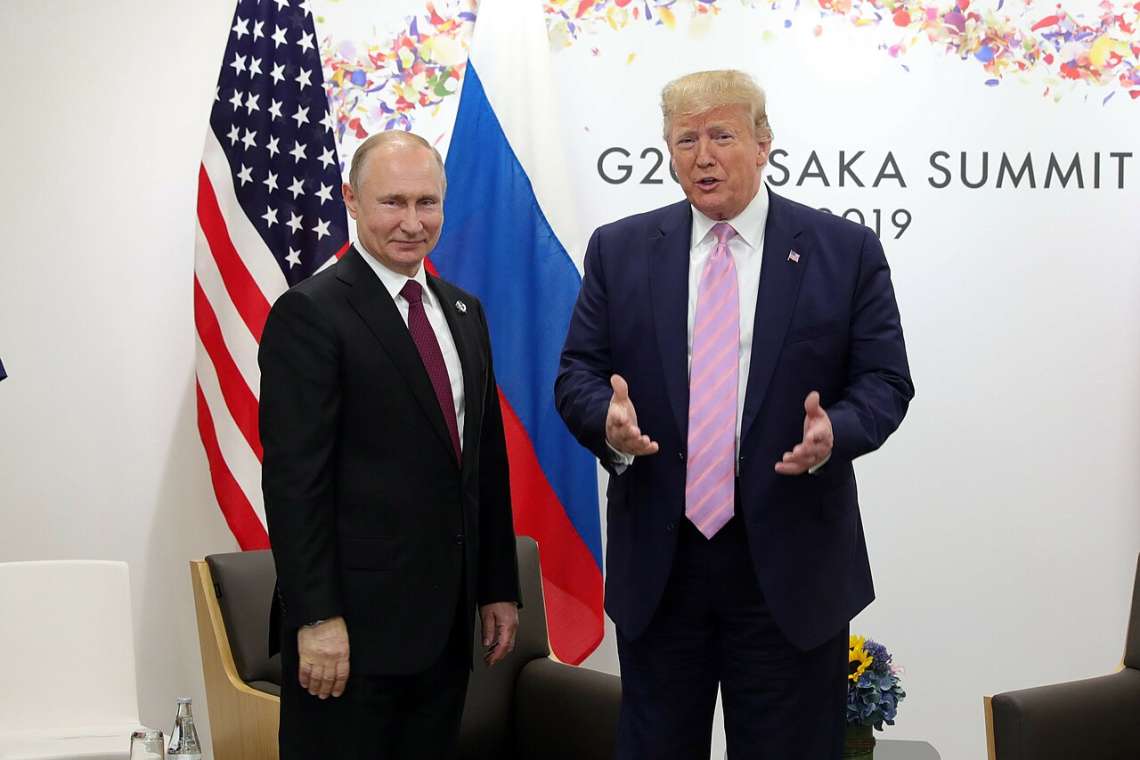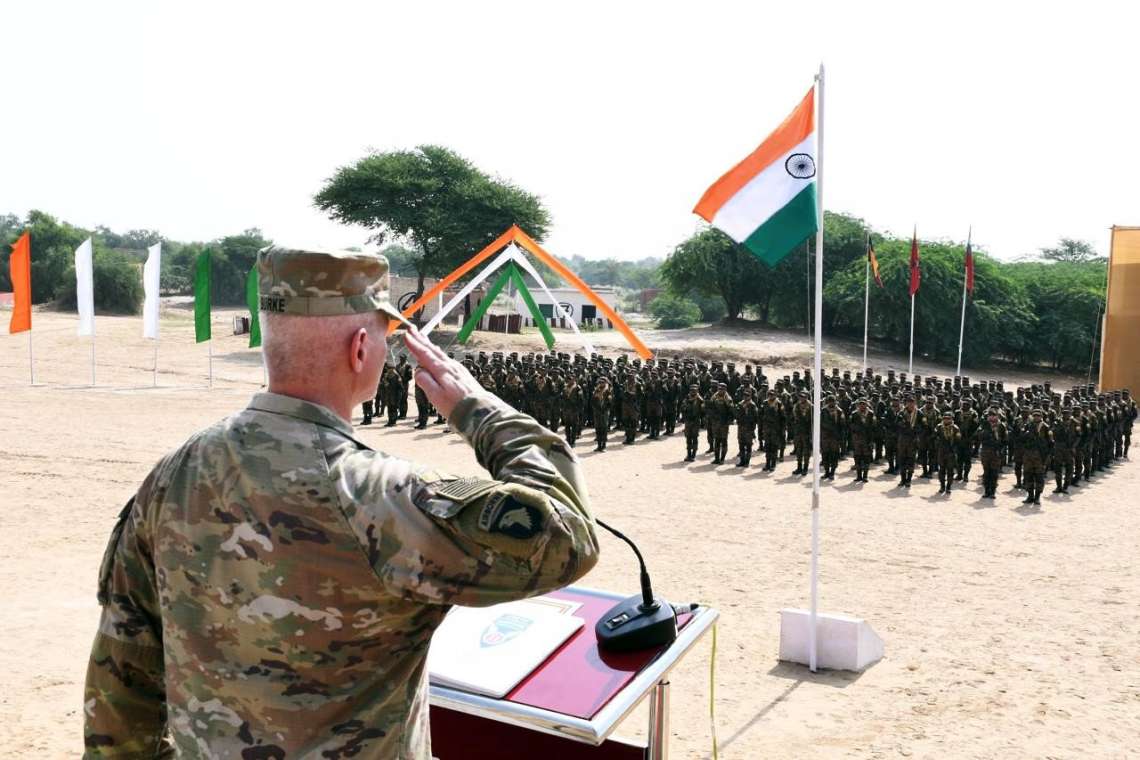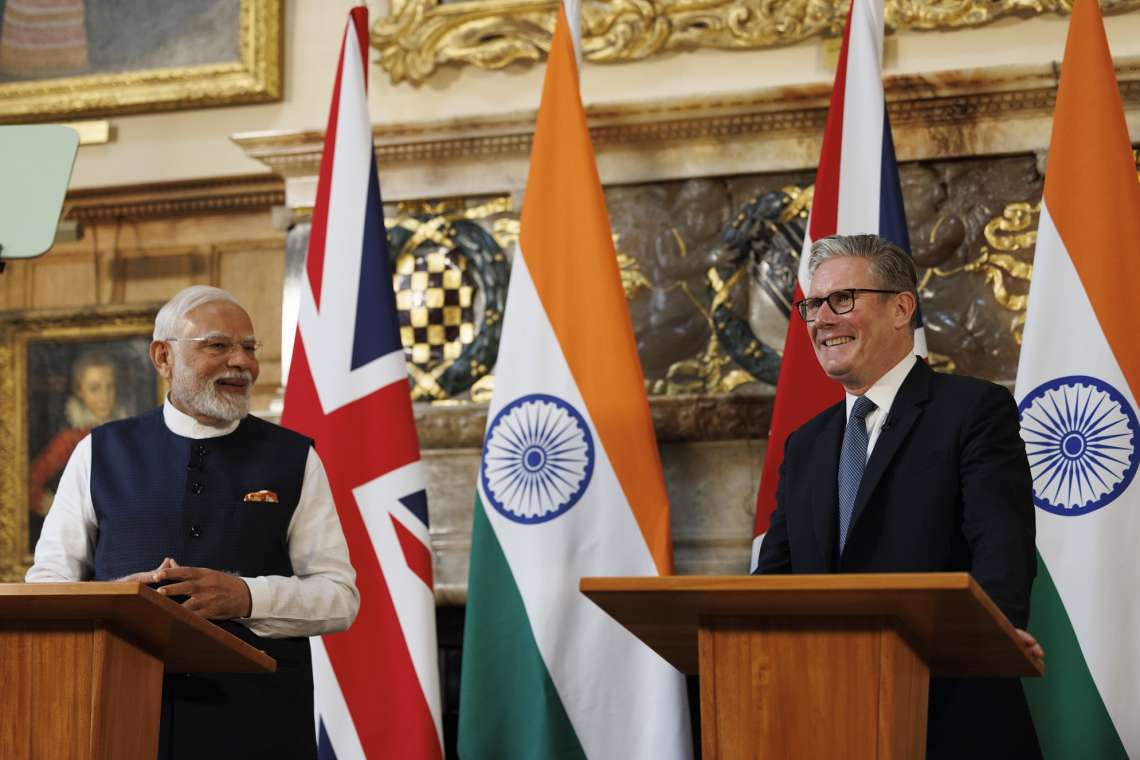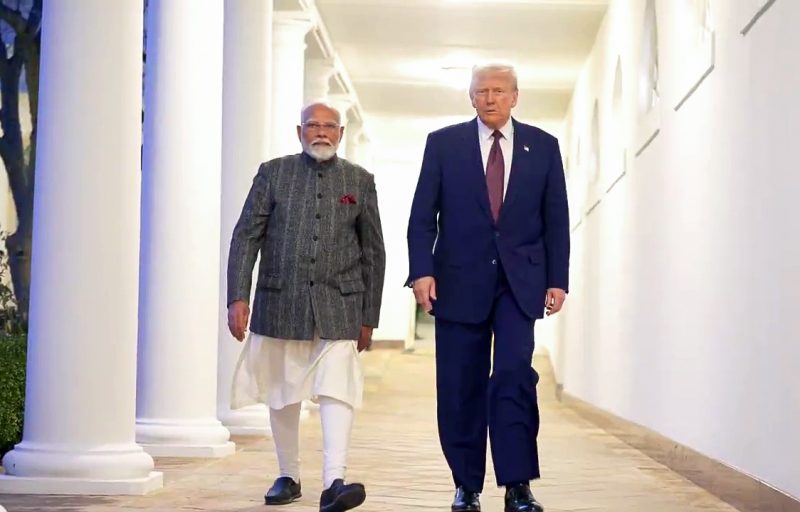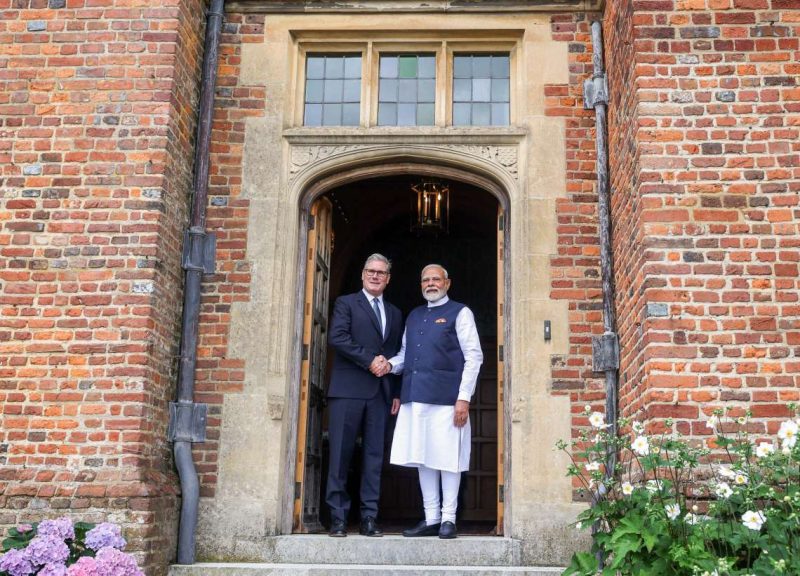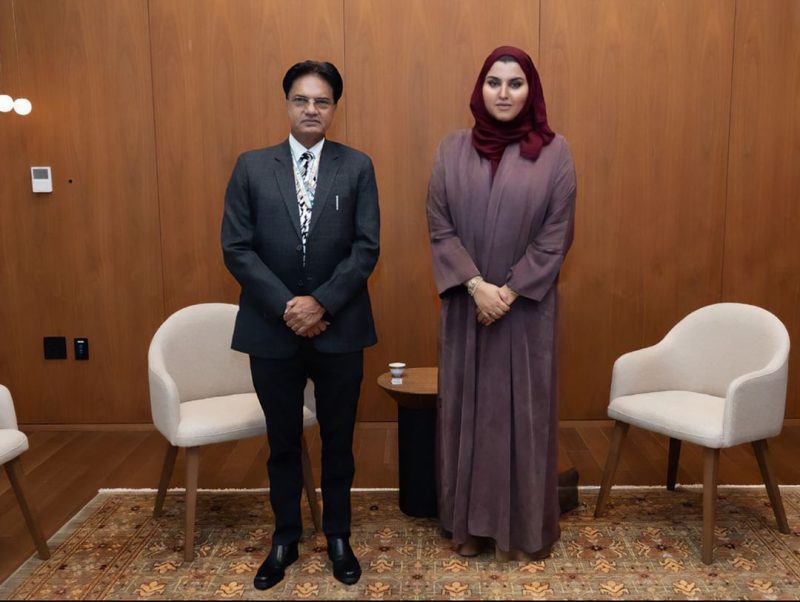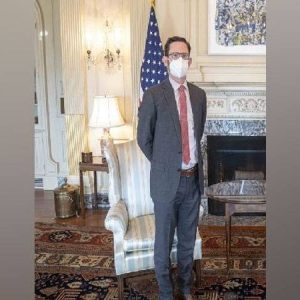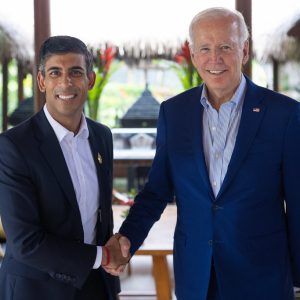If a peace deal is reached through the summit, India may be able to avoid the oil tariff threatened to be imposed on August 27….reports Asian Lite News
Former US President Donald Trump and Russian President Vladimir Putin expressed optimism ahead of their Friday meeting aimed at ending the Ukraine war — a breakthrough that could also help India avoid a looming 25% US tariff on Russian oil imports.
“I believe now he (Putin) is convinced that he’s going to make a deal”, President Trump said during a Fox Radio interview on Thursday. “He’s going to make a deal”.
Briefing his advisers at the Kremlin, President Putin said President Trump has been making “fairly vigorous and sincere efforts to halt hostilities, resolve the crisis, and reach agreements that serve the interests of all parties involved in this conflict.”
If a peace deal is reached through the summit, India may be able to avoid the oil tariff threatened to be imposed on August 27.
However, the other principal personality who will have to agree to any deal, Ukraine’s President Volodymyr Zelensky, will not be at the summit in a US military base in Alaska.
He was in London meeting Britain’s Prime Minister Keir Starmer, and they said in a joint statement that the Trump-Putin talks “present a viable chance to make progress as long as Putin takes action to prove he is serious about peace”.
While preparations for the Trump-Putin summit were underway, Zelensky called Prime Minister Narendra Modi on Monday to brief him on the developments, and, according to the President’s office, they agreed that “everything concerning Ukraine must be decided with Ukraine’s participation. Other formats will not yield results”.
President Trump made clear that it was for Presidents Zelensky and Putin to make the final deal.
President Trump said his talks with President Putin were to “set the table for the next meeting”, which will include President Zelensky, and he indicated it could perhaps be in Alaska itself.
He told reporters at the White House, “The more important meeting will be the second meeting that we’re having. We’re going to have a meeting with President Putin, President Zelensky, myself, and maybe we’ll bring some of the European leaders along, maybe not.”
After a videoconference on Wednesday with the Western European leaders, who make up the ‘Coalition of the Willing’, and were skeptical of his efforts, Trump got a tentative go-ahead from them.
The leaders from several countries including Britain, France, Germany, Italy, and Poland, who strongly back Ukraine and are vehemently opposed to Putin, said they “welcome the efforts of President Trump towards ending Russia’s war of aggression against Ukraine and achieving a just and lasting peace and security for Ukraine”.
They added, “Meaningful negotiations can only take place in the context of a ceasefire or reduction of hostilities”.
While sounding optimistic, Trump also said, “I’ll know within the first five minutes, whether or not we’re going to have a good meeting or a bad meeting. If it’s a bad meeting, it’ll end very quickly. And if it’s a good meeting, we’re gonna end up getting peace in the pretty near future.”
Earlier, he put the odds of the talks failing at 25 per cent.
And he warned Putin on Wednesday that there would be “very severe consequences” if his peace mission failed.
The talks are scheduled to start at 11:30 A.M. local time in Alaska (1 A.M. Saturday in India), according to Putin’s foreign policy aide Yury Ushakov.
He said that the two leaders will hold a joint news conference after the summit, which will start with one-on-one talks, followed by a meeting with their principal officials present, and a breakfast meeting.
Putin is aspiring to take the meeting’s agenda beyond the Ukraine War to restarting Nuclear arms control talks and even trade.
Putin told his advisers, according to a Kremlin transcript, “The aim is to establish long-term conditions for peace not only between our countries but also in Europe and indeed globally – especially if we proceed to subsequent stages involving agreements on strategic offensive arms control.”
That was a reference to the New START Nuclear arms control negotiations from which Russia pulled out in 2023. (START is the acronym for Strategic Arms Reduction Treaty.)
Ushakov dangled the prospects of an economic bounty, a cause dear to Trump.
He said, “An exchange of views on the further development of bilateral cooperation, including in the trade and economic spheres, is also expected. It is worth noting that this cooperation holds immense, yet regrettably underutilised, potential.”
Finance Minister Anton Siluanov, and Special Presidential Representative for Investment Kirill Dmitriev will be Putin’s team, he said.


